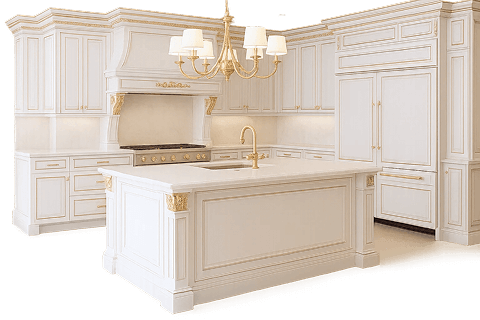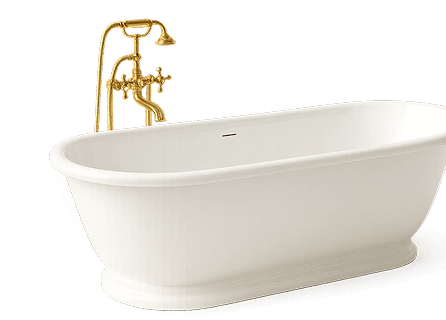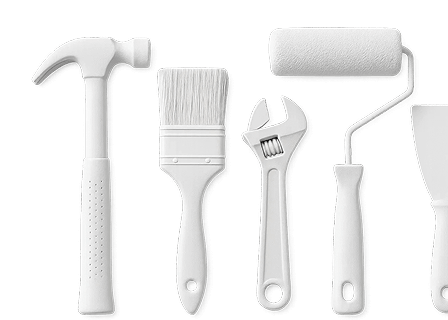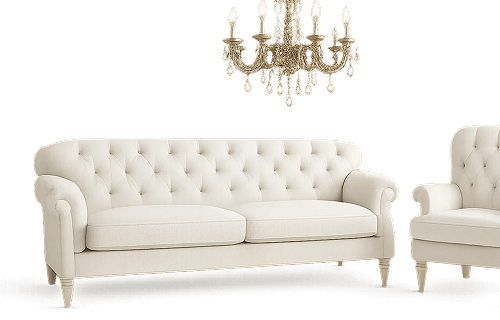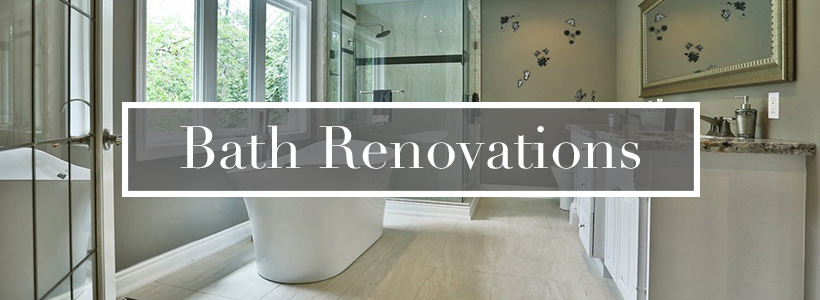
For many a bathroom renovation, the bathtub is the centerpiece. Especially if you choose a decorative clawfoot or ultra-modern freestanding tub, people’s eyes will immediately be drawn to the tub area when they first see your newly-remodelled bathroom.
If you’re researching bathtubs, you’ve likely been overwhelmed by the sheer variety that’s available in the Toronto area. While this is a good thing, it’s overwhelming when you’re trying to choose the perfect one. The design experts at Kitchen and Bath are highly educated on what you can expect from different styles of tubs, as well as different bathtub materials. Regarding the latter, here are a few things to know before you begin your renovation—and definitely before purchasing a new bathtub.
Fiberglass: The lowest-cost of all the bathtub materials, fiberglass is extremely lightweight. Unfortunately, cost and weight are the only two advantages it has. Fiberglass isn’t particularly long-lasting and is prone to cracking, molding, mildewing, and staining.
Acrylic: Most of the bathtubs found in Toronto these days are made of acrylic. This is because it’s quite affordable and extremely lightweight, making it easier to install than some of the heavier bathtub material options. Acrylic is a cinch to clean and maintain and doesn’t stain easily. It can scratch, but any scratches are easy to buff out using sandpaper. The sheen of an acrylic bathtub makes it an attractive addition to almost any bathroom.
Steel Enamel: Made to be durable and last, steel enamel bathtubs hold up very well to scratching and chipping. They easily shed stains and limescale, making them very easy to clean. Enameled steel bathtubs have been used in Europe for years and are beginning to gain popularity in North America. Compared to the less-expensive fibreglass and acrylic tub options, enameled steel bathtubs are moderately priced.
Enameled Cast Iron (Porcelain): Made of a metal core and coated with coloured enamel, these tubs are moderately high in price. Porcelain tubs are often quite beautiful (think of antique clawfoot tubs); they are also very, very heavy. Although the metal tends to start out extremely cold, once it is heated by the bathwater, it helps the water retain its heat for longer periods of time than bathtubs made of other materials. Enameled cast iron tubs do scratch and chip rather easily, though, and they’re quite difficult to repair once they’re damaged. They are more expensive than acrylic tubs and are moderately high in price.
Cultured Marble: High-priced and extremely heavy, marble bathtubs are functional works of art. The cultured marble (made of crushed limestone mixed with fibreglass resins and assorted fillers) is sealed with a gel-like substance that serves to protect it from things such as stains and hard water. As long as this gel coat is intact, cultured marble tubs are very easy to clean and maintain. Once it begins to wear away, though, the marble absorbs stains very easily. The quality of the marble is also a concern. To ensure that you’re getting a high-quality marble bathtub, simply check the underside. If you see bubbling or a porous surface on the marble, move on.
Natural Stone or Wood: For the ultimate in unique bathtubs, you can find freestanding tubs carved of any natural substance imaginable—from mahogany or walnut to limestone or travertine. As you can imagine, these tubs are not lightweight or light on your wallet. Durability and ease of maintenance will depend on the exact material you choose, but really, anyone who chooses one of these beauties probably isn’t concerned with that.
Now that you have a primer on the basics of bathtub materials, you’ll be able to get started in your journey to find the perfect tub. The design experts at Kitchen and Bath will be able to help you fill in any gaps, answering any questions you have, as well as helping get you on the road to an entire bathroom redesign.
